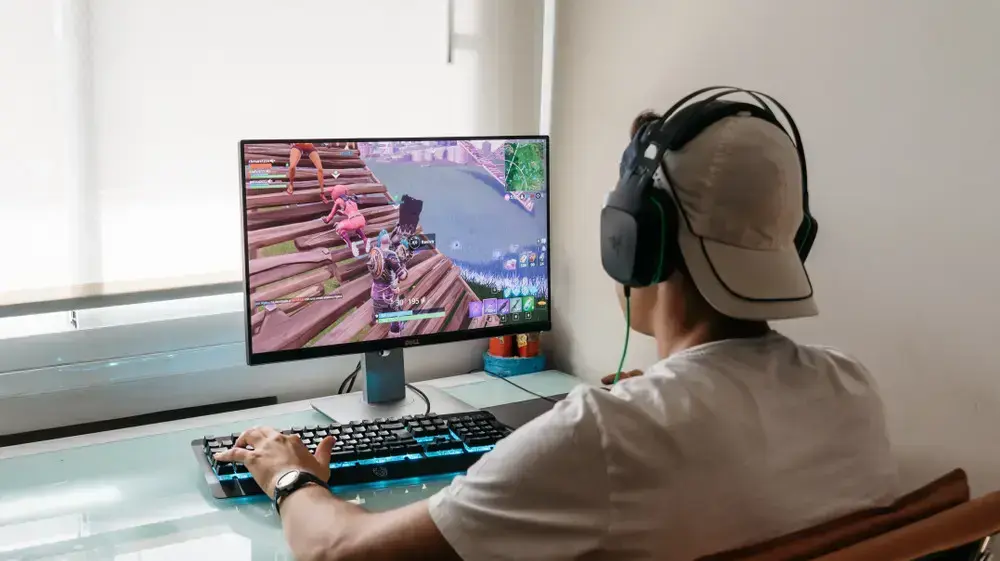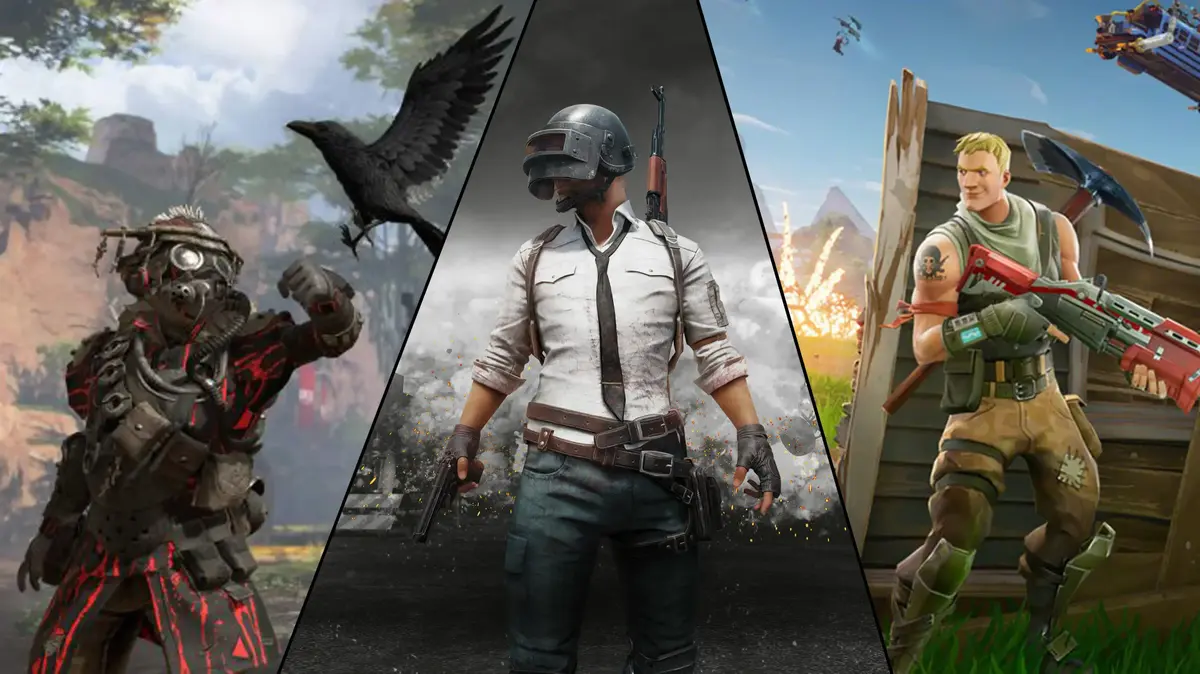If you ask children about their favorite games, titles like "Fortnite: Battle Royale", "Minecraft" and "Roblox" are among the standard answers. The online shooter and the two creative kits, in which you create your own worlds or in the case of "Roblox" even own games, some have very young fan bases.
Against this background, a current evaluation of the Stiftung Warentest may be quite surprising. Together with the portal Jugendschutz.net 14, the magazine has examined popular apps for children. The test field includes the aforementioned titles, but also "Clash of Clans", "Candy Crush Soda Saga" and "Subway Surfers" - all titles that appear consistently in the App charts, but are actually not games specifically for children.
The result, the Stiftung Warentest writes, is "alarming". 13 apps were classified as "unacceptable", only one - "Pokémon Go" - only as "questionable". This is reminiscent of a similar evaluation of 2017, when even 50 out of 50 apps failed. Ultimately, the Stiftung Warentest would like to recommend none of the tested games - provided that they are viewed from the perspective of a ten-year-old child, as the testers said they did.
A positive overall rating was difficult to achieve
This restriction is very important, not only because "Roblox" and "Fortnite: Battle Royale" are only released after 12 years. The whole look of the testers on the games is unusual: So it is not or only marginally to the question of whether the games are fun at all or whether their process or their mechanics of games could overtax young users. Above all, the environment that the developers created was examined.
Among other things, it was evaluated whether and how much advertising or additional purchases there are in the games and how present they are. Likewise, it was about data protection and the question of whether manufacturers have integrated message systems into their titles. In addition, it was still assessed whether ten-year-olds can understand the privacy policies of the games and whether the terms contain problematic clauses. Only if the apps had not shown any weaknesses in a total of seven categories, a positive overall rating would have been possible.
Thus, even formally around many games look bad: According to the Stiftung Warentest, most games have about "very clear" defects in the terms and conditions, some would not even have. And also in terms of advertising and in-app purchases, the testers found the majority of games problematic. The rating "appropriate" in both categories was given only "Roblox", "Pokémon Go" and "Fortnite".
User content that is not child-friendly
As a fundamental problem of many titles, the testers identified user-generated content such as player names. In some cases, there was no way to report it as problematic to the associated manufacturer. So the testers in "Brawl Stars" and "Clash Royale" came across groups of players who had named themselves after porn websites. In "Clash Royale" as well as in "Fortnite" they also encountered "right-wing extremist usernames", as examples are called "SiegHeil" and "Judent Killer".
How often this occurred is not given in detail in the evaluation - this makes it difficult to assess the true dimension of the problem. All apps tested have millions of players.
The most blatant sound the findings on "Roblox", where user-generated content is apparently insufficiently tested: The testers report here of a "racist game in which it is about 'to kill' evil Jews'. In addition, they were in "Roblox" on "right-wing player names and games with IS flag as a preview image," it is said. Meanwhile, in Subway Surfers, the testers noticed advertisements for an adult game.
You can make in-app purchases difficult
Above all, parents should draw an inference from the test: just because a game looks like it's for children and because many children play it does not have to be child-friendly. It may, for example, contain cost traps or even problematic content that was not inserted by developers but by other players.
It is therefore important, especially in young children, to activate youth protection settings in the apps and smartphones (in-app purchases can be blocked on Android for example via password and disable on iOS) and to pay attention to what they like how to play - ideally by playing along with yourself or staying close to playing. In contrast, a "total waiver of gaming apps" should not be a solution in many families, the Stiftung Warentest also accounts for and provides seven everyday tips for parents.
But can also help something: buy the right games for ten-year - for example, dedicated children's games, which are unique for a fixed price buys (Jugendschutz.net recommends such titles).
Beware of free-to-play games
In fact, all 14 games evaluated by Stiftung Warentest are free-to-play titles, games that are financed through advertising or in-app purchases, except Minecraft. This explains, at least to some extent, why they contain, for example, numerous advertisements or many annoying purchasing incentives.
An advancement towards apps that are not always about data collection or buying additional offers, these days are also flat rate packages such as Apple Arcade and the soon-to-launch Google Play Pass dar. Here you get for a fixed monthly price access to dozens of games -Apps - and then no longer have to worry about possible additional costs or advertising appearances in those games.
A free ticket for parents are also not such offers, after all, not all Apple Arcade or play-pass games are intended for children. Even with these flatrates, it is therefore important that parents inform themselves about what the games are about and whether they are really suitable for their own children, including violence and the complexity of the gameplay. Of course, the most reliable way is by trying out the games yourself.















